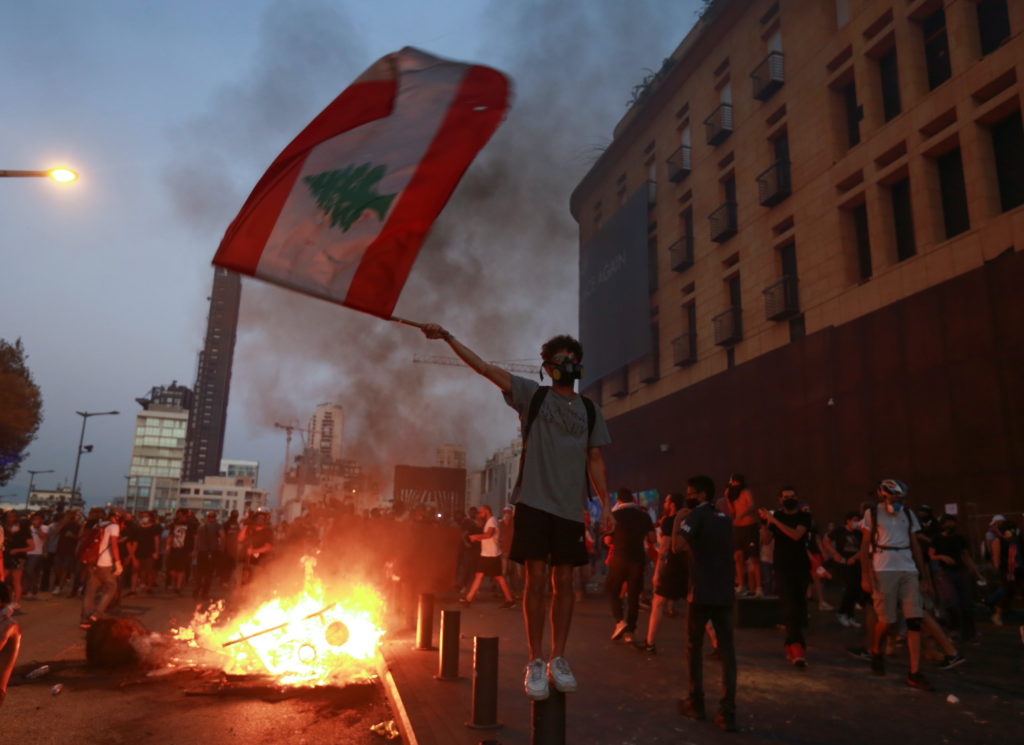Leila Molana-Allen:
For weeks now, Lebanon’s fuel pumps have been running on almost empty. The country doesn’t have an official public transport system, and the unofficial system is made up of minivans and cars, which need petrol too.
If you want to live your daily life, get around, get to work, your only option is to sit in the sweltering heat and wait.
And the government has scrapped fuel subsidies, making scarce fuel increasingly unaffordable too. As tensions rise, fights are breaking out at gas stations across the country, and many have closed altogether.
He says he’s been here for four hours waiting for petrol today.
Because Samer and Raeda work in different areas, they can’t share a car, so she has to endure the same process. And when she gets to work, she’s just stepping from a personal crisis into a public one.
Raeda is the head pharmacist at Lebanon’s biggest public hospital, Rafik Hariri in Beirut. As well as struggling to keep the hospital and its lifesaving equipment running with so little power, they’re constantly short of vital medications.
A lot of these shelves are empty. What are you missing at the moment?













































